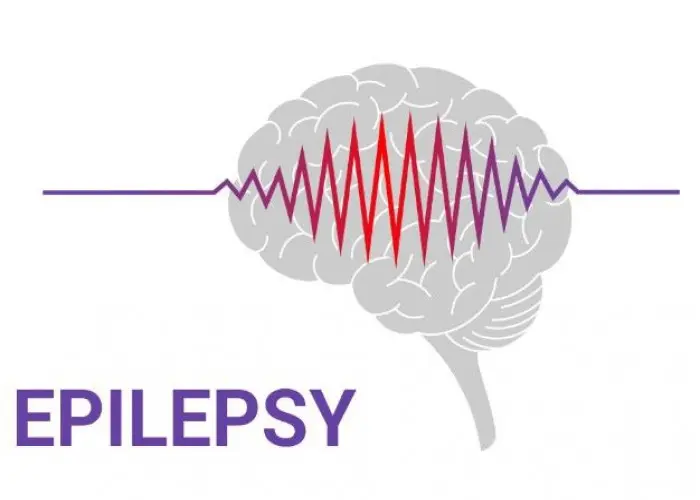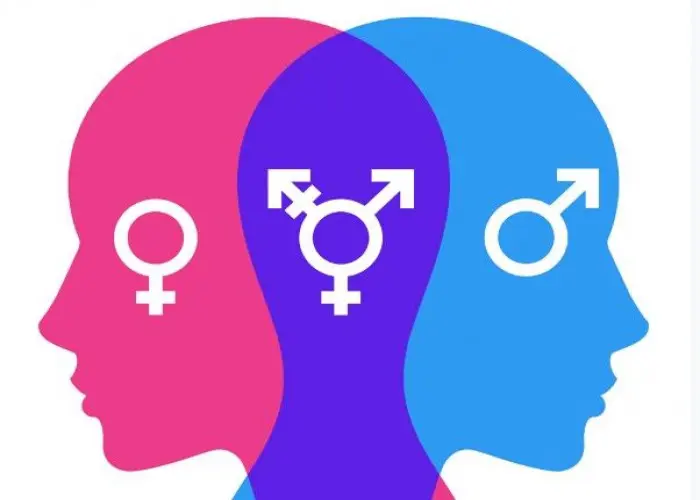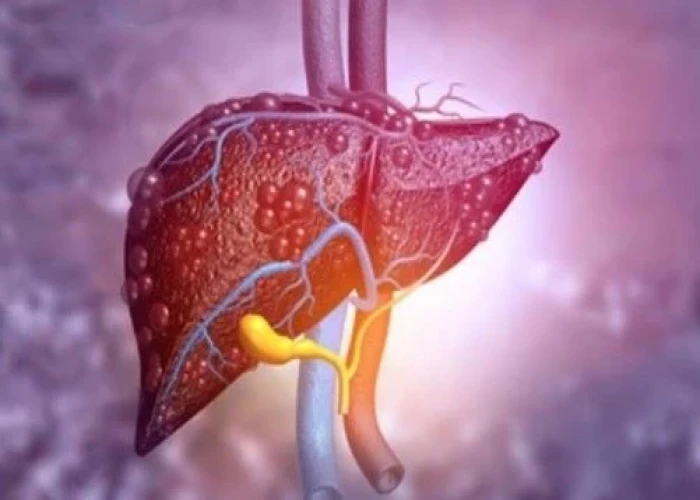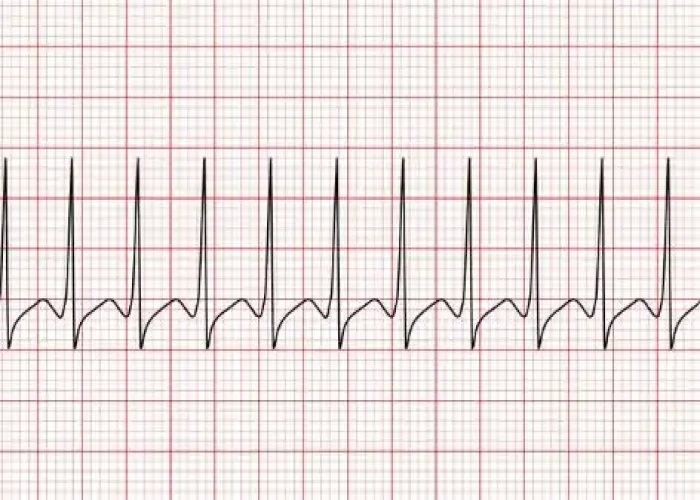 Welcome
Welcome
“May all be happy, may all be healed, may all be at peace and may no one ever suffer."
Epilepsy

Epilepsy is a neurological disorder characterized by recurrent seizures, which are caused by abnormal electrical activity in the brain. Seizures can take many different forms, ranging from brief episodes of staring to convulsions with loss of consciousness and muscle control.
Epilepsy can have many causes, including genetics, head injury, brain tumors, stroke, infections, and developmental abnormalities. In many cases, however, the cause of epilepsy is unknown.
The diagnosis of epilepsy is typically based on a careful history of the patient's symptoms and examination, as well as brain imaging studies and electroencephalogram (EEG) testing to record the electrical activity of the brain.
Treatment of epilepsy typically involves medications to control seizures. In some cases, surgical treatment may be an option to remove the area of the brain that is causing the seizures. Other treatments, such as nerve stimulation and dietary therapy, may also be used.
Living with epilepsy can be challenging, as seizures can disrupt daily activities and increase the risk of injury. However, many people with epilepsy are able to lead normal lives with appropriate treatment and support.
Preventing epilepsy may not always be possible, but taking steps to prevent head injuries, treating infections promptly, and avoiding known triggers of seizures (such as sleep deprivation or flashing lights) can help reduce the risk of developing epilepsy or having seizures.
Research Papers
Disease Signs and Symptoms
- Confusion (Hallucinations)
- Tremors or muscle jerking
- Anxiety
- Uncontrollable jerking movements of the arms and legs
- Epilepsy
Disease Causes
Epilepsy
Epilepsy has no identifiable cause in about half the people with the condition. In the other half, the condition may be traced to various factors, including:
- Genetic influence. Some types of epilepsy, which are categorized by the type of seizure you experience or the part of the brain that is affected, run in families. In these cases, it's likely that there's a genetic influence.
- Researchers have linked some types of epilepsy to specific genes, but for most people, genes are only part of the cause of epilepsy. Certain genes may make a person more sensitive to environmental conditions that trigger seizures.
- Head trauma. Head trauma as a result of a car accident or other traumatic injury can cause epilepsy.
- Brain abnormalities. Abnormalities in the brain, including brain tumors or vascular malformations such as arteriovenous malformations (AVMs) and cavernous malformations, can cause epilepsy. Stroke is a leading cause of epilepsy in adults older than age 35.
- Infections. Meningitis, HIV, viral encephalitis and some parasitic infections can cause epilepsy.
- Prenatal injury. Before birth, babies are sensitive to brain damage that could be caused by several factors, such as an infection in the mother, poor nutrition or oxygen deficiencies. This brain damage can result in epilepsy or cerebral palsy.
- Developmental disorders. Epilepsy can sometimes be associated with developmental disorders, such as autism.
Disease Prevents
Disease Treatments
Doctors generally begin by treating epilepsy with medication. If medications don't treat the condition, doctors may propose surgery or another type of treatment.
Medication
Most people with epilepsy can become seizure-free by taking one anti-seizure medication, which is also called anti-epileptic medication. Others may be able to decrease the frequency and intensity of their seizures by taking a combination of medications.
Many children with epilepsy who aren't experiencing epilepsy symptoms can eventually discontinue medications and live a seizure-free life. Many adults can discontinue medications after two or more years without seizures. Your doctor will advise you about the appropriate time to stop taking medications.
Finding the right medication and dosage can be complex. Your doctor will consider your condition, frequency of seizures, your age and other factors when choosing which medication to prescribe. Your doctor will also review any other medications you may be taking, to ensure the anti-epileptic medications won't interact with them.
Your doctor likely will first prescribe a single medication at a relatively low dosage and may increase the dosage gradually until your seizures are well controlled.
There are more than 20 different types of anti-seizure medications available. The medication that your doctor chooses to treat your epilepsy depends on the type of seizures you have, as well as other factors such as your age and other health conditions.
These medications may have some side effects. Mild side effects include:
- Fatigue
- Dizziness
- Weight gain
- Loss of bone density
- Skin rashes
- Loss of coordination
- Speech problems
- Memory and thinking problems
More-severe but rare side effects include:
- Depression
- Suicidal thoughts and behaviors
- Severe rash
- Inflammation of certain organs, such as your liver
To achieve the best seizure control possible with medication, follow these steps:
- Take medications exactly as prescribed.
- Always call your doctor before switching to a generic version of your medication or taking other prescription medications, over-the-counter drugs or herbal remedies.
- Never stop taking your medication without talking to your doctor.
- Notify your doctor immediately if you notice new or increased feelings of depression, suicidal thoughts, or unusual changes in your mood or behaviors.
- Tell your doctor if you have migraines. Doctors may prescribe one of the anti-epileptic medications that can prevent your migraines and treat epilepsy.
At least half the people newly diagnosed with epilepsy will become seizure-free with their first medication. If anti-epileptic medications don't provide satisfactory results, your doctor may suggest surgery or other therapies. You'll have regular follow-up appointments with your doctor to evaluate your condition and medications.
Surgery
When medications fail to provide adequate control over seizures, surgery may be an option. With epilepsy surgery, a surgeon removes the area of your brain that's causing seizures.
Doctors usually perform surgery when tests show that:
- Your seizures originate in a small, well-defined area of your brain
- The area in your brain to be operated on doesn't interfere with vital functions such as speech, language, motor function, vision or hearing
For some types of epilepsy, minimally invasive approaches such as MRI-guided stereotactic laser ablation may provide effective treatment when an open procedure may be too risky. In these procedures, doctors direct a thermal laser probe at the specific area in the brain causing seizures to destroy that tissue in an effort to better control the seizures.
Although many people continue to need some medication to help prevent seizures after successful surgery, you may be able to take fewer drugs and reduce your dosages.
In a small number of cases, surgery for epilepsy can cause complications such as permanently altering your thinking (cognitive) abilities. Talk to your surgeon about his or her experience, success rates, and complication rates with the procedure you're considering.
Therapies
Apart from medications and surgery, these potential therapies offer an alternative for treating epilepsy:
- Vagus nerve stimulation. In vagus nerve stimulation, doctors implant a device called a vagus nerve stimulator underneath the skin of your chest, similar to a heart pacemaker. Wires from the stimulator are connected to the vagus nerve in your neck.
- The battery-powered device sends bursts of electrical energy through the vagus nerve and to your brain. It's not clear how this inhibits seizures, but the device can usually reduce seizures by 20-40%.
- Most people still need to take anti-epileptic medication, although some people may be able to lower their medication dose. You may experience side effects from vagus nerve stimulation, such as throat pain, hoarse voice, shortness of breath or coughing.
- Ketogenic diet. Some children with epilepsy have been able to reduce their seizures by following a strict diet that's high in fats and low in carbohydrates.
- In this diet, called a ketogenic diet, the body breaks down fats instead of carbohydrates for energy. After a few years, some children may be able to stop the ketogenic diet — under close supervision of their doctors — and remain seizure-free.
- Consult a doctor if you or your child is considering a ketogenic diet. It's important to make sure that your child doesn't become malnourished when following the diet.
- Side effects of a ketogenic diet may include dehydration, constipation, slowed growth because of nutritional deficiencies and a buildup of uric acid in the blood, which can cause kidney stones. These side effects are uncommon if the diet is properly and medically supervised.
- Following a ketogenic diet can be a challenge. Low-glycemic index and modified Atkins diets offer less restrictive alternatives that may still provide some benefit for seizure control.
- Deep brain stimulation. In deep brain stimulation, surgeons implant electrodes into a specific part of your brain, typically your thalamus. The electrodes are connected to a generator implanted in your chest. The generator regularly sends electrical pulses to your brain at timed intervals, and may reduce your seizures. Deep brain stimulation is often used for people whose seizures don't get better with medication.
- Responsive neurostimulation. These implantable, pacemaker-like devices can help significantly reduce how often seizures occur. These responsive stimulation devices analyze brain activity patterns to detect seizures as they start and deliver an electrical charge or drug to stop the seizure before it causes impairment. Research shows that this therapy has few side effects and can provide long-term seizure relief.
Disease Diagnoses
Disease Allopathic Generics
-
Phenobarbital
A phenobarbitan-containing drug for all epileptic patients.
1 pill 2/3 times a day should be used for a long time.
-
Phenytoin Sodium
Medicines containing phenytoin for acute attacks.
1 pill twice daily. It does not make you sleepy. Other symptoms may occur. There are many side effects such as dizziness, swollen gums etc. So the medicine should be stopped at that time.
-
Carbamazepine
Adults: 100/200mg or 1/2 times a day in primary condition. Doses should be increased gradually until good results are obtained. (800mg-1000mg)
-
Clonazepam
Depending on the age, half, 1 pill 2/3 times with carbamazepine medicine can also be used.
-
Sodium Valproate
1 capsule 2 times a day after meals or 1 pill 2/3 times a day.
Disease Ayurvedic Generics
Disease Homeopathic Generics
-
Cuprum metallicum
30 strength.
-
Cicuta
6 strength.
-
Bufo rana
30 strength.
-
Tarentula cubensis
30 strength.
-
Hyoscyamus
3 strength.
-
Calcarea arsenica
3X strength.
-
Causticum
6, 30 strength.
-
Argentum nitricum
6, 30 strength.
-
Calcarea carbonica
Q strength.
Disease yoga
Epilepsy and Learn More about Diseases

Dilatation of Stomach

Male hypogonadism

Oral lichen planus

Gender dysphoria

Primary sclerosing cholangitis

Cluster headache

Supraventricular tachycardia

Acute kidney failure
epilepsy, মৃগী
To be happy, beautiful, healthy, wealthy, hale and long-lived stay with DM3S.
